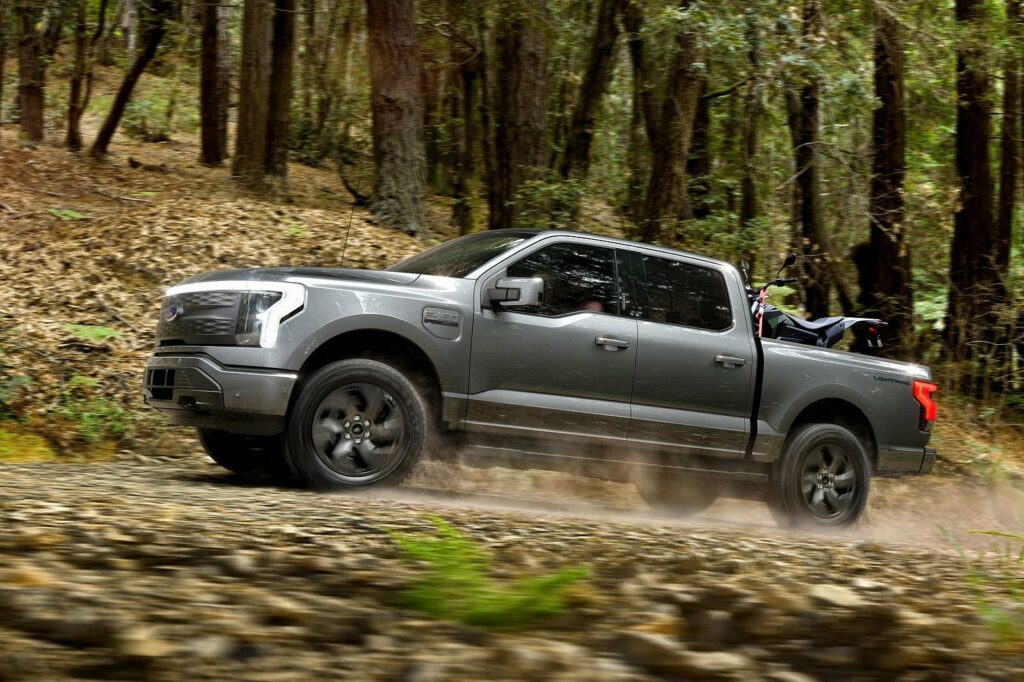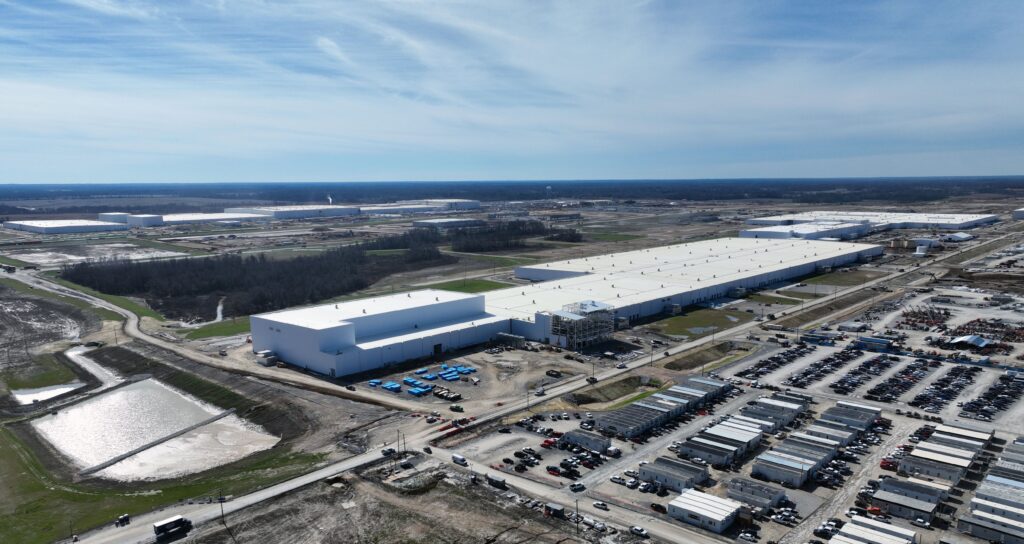Ford's Michigan Battery Plant Under Fire For Involvement With Four Chinese Firms

Ford's Michigan Battery Plant Under Fire For Involvement With Four Chinese Firms
These firms have direct ties to the “Chinese military, Chinese Communist Party, North Korean government and alleged human rights abuses in China’s Xinjiang region.”
Ford is once again under fire from US lawmakers after chairs of two U.S. House committees asked the Biden administration to probe four Chinese firms involved in the Blue Oval company’s planned Michigan battery plant.
According to Representative Mike Gallagher, who chairs the select committee on China, and Representative Cathy McMorris Rodgers, who chairs the Energy and Commerce Committee, say these four entities were involved in the “facility’s design, construction, and information technology (IT) processes.”
In response, Ford said it follows “all government regulations across our business,” adding that “Ford suppliers are required to meet our higher standards, including for protecting human rights, and obligated to extend those requirements to suppliers with whom they might work.”
According to Reuters, the four companies implicated have not been named because the committees reviewed confidential Ford records and were therefore not allowed to make their identities public.
The new appeal adds to the list of concerns over the influence of China in the US electric car market. The updated Inflation Reduction Act for 2024 even cut the eligibility of some EVs – including the Mustang Mach-E – for a $7,500 tax credit. The IRA encourages automakers to rely less on Chinese suppliers in a bid to spur manufacturing investments in the US.
In a separate letter, lawmakers asked the Treasury and State Departments to investigate the possible sanctions evasion activity by one of the Chinese companies that they say will be providing IT tools for the Michigan battery plant. The letter claims that Ford is using “the same cloud integration and data provider that is linked to North Korean Ministry of Foreign Affairs sanctions evasion activity,” calling this “indefensible.”
Treasury responded by reaffirming its commitment to fighting North Korea’s “illicit revenue generation activities, from the use of overseas laborers to money laundering and cyber espionage.” Meanwhile, Ford said that the battery plant is “wholly owned and operated” by the automaker.
Ford initially planned to invest $3.5 billion in the Michigan battery plant but scaled that back to around $2 billion late last year. The plant’s goal is to produce lithium-iron-phosphate (LFP) batteries that are expected to lower EV prices while improving performance and longevity.
In November, the same committee raised concerns about US tariffs on China, while Europe is also enacting rules to stem the tide of EVs flowing out of China. On the other hand, China says that Biden’s blocking of its batteries breaks international trade rules.
Geopolitical tensions aside, the struggle for EV dominance is fascinatingly competitive.







Responses